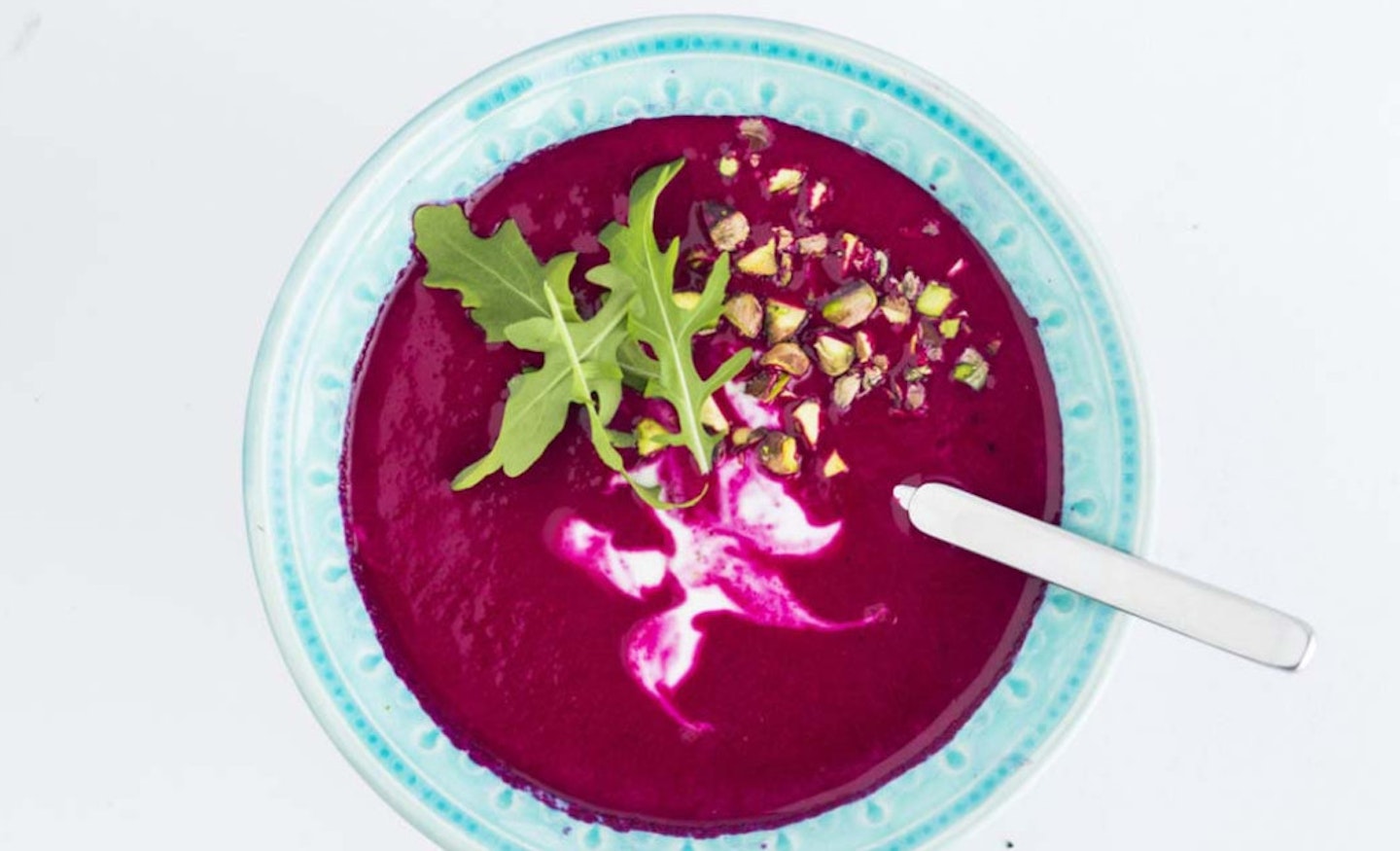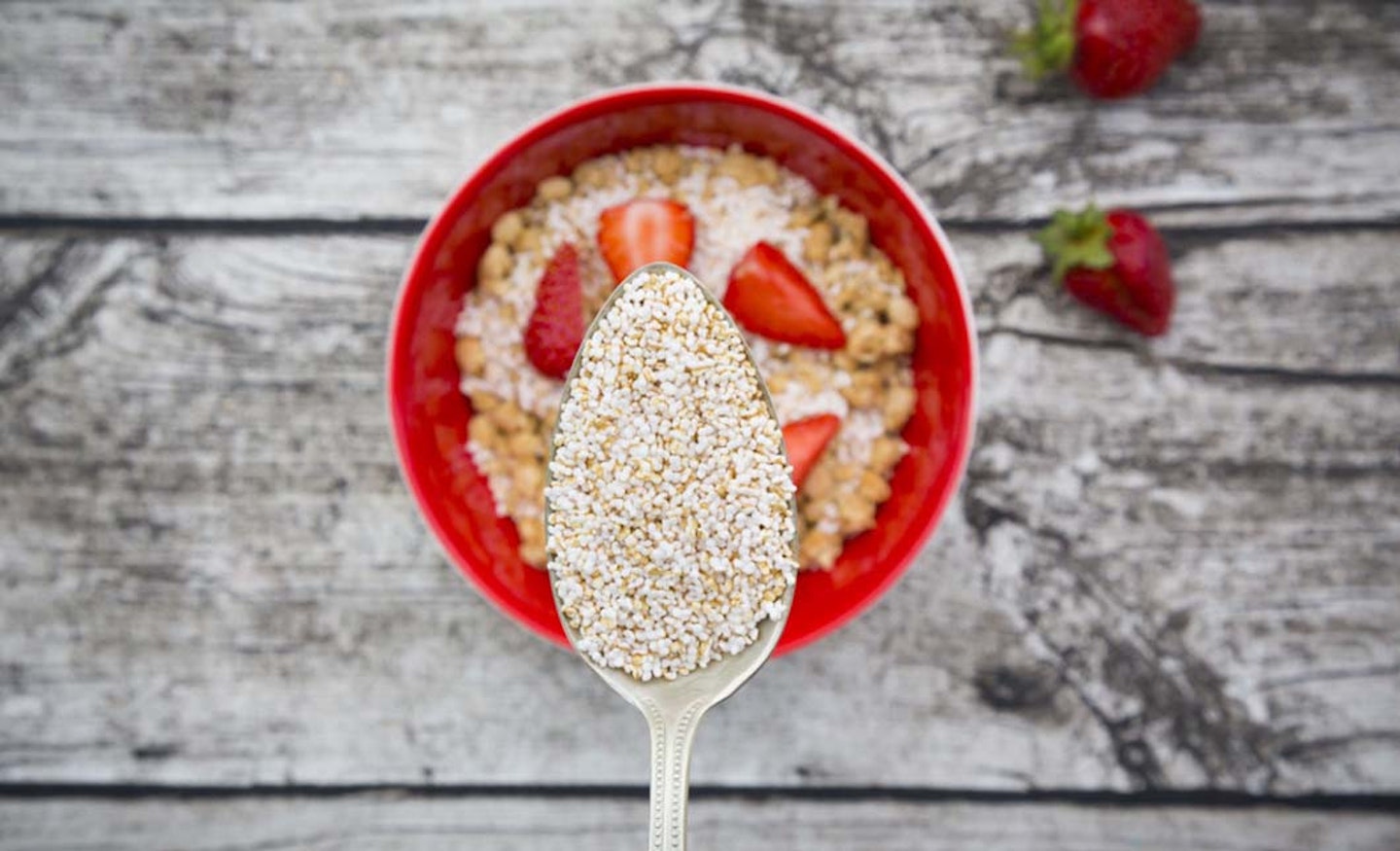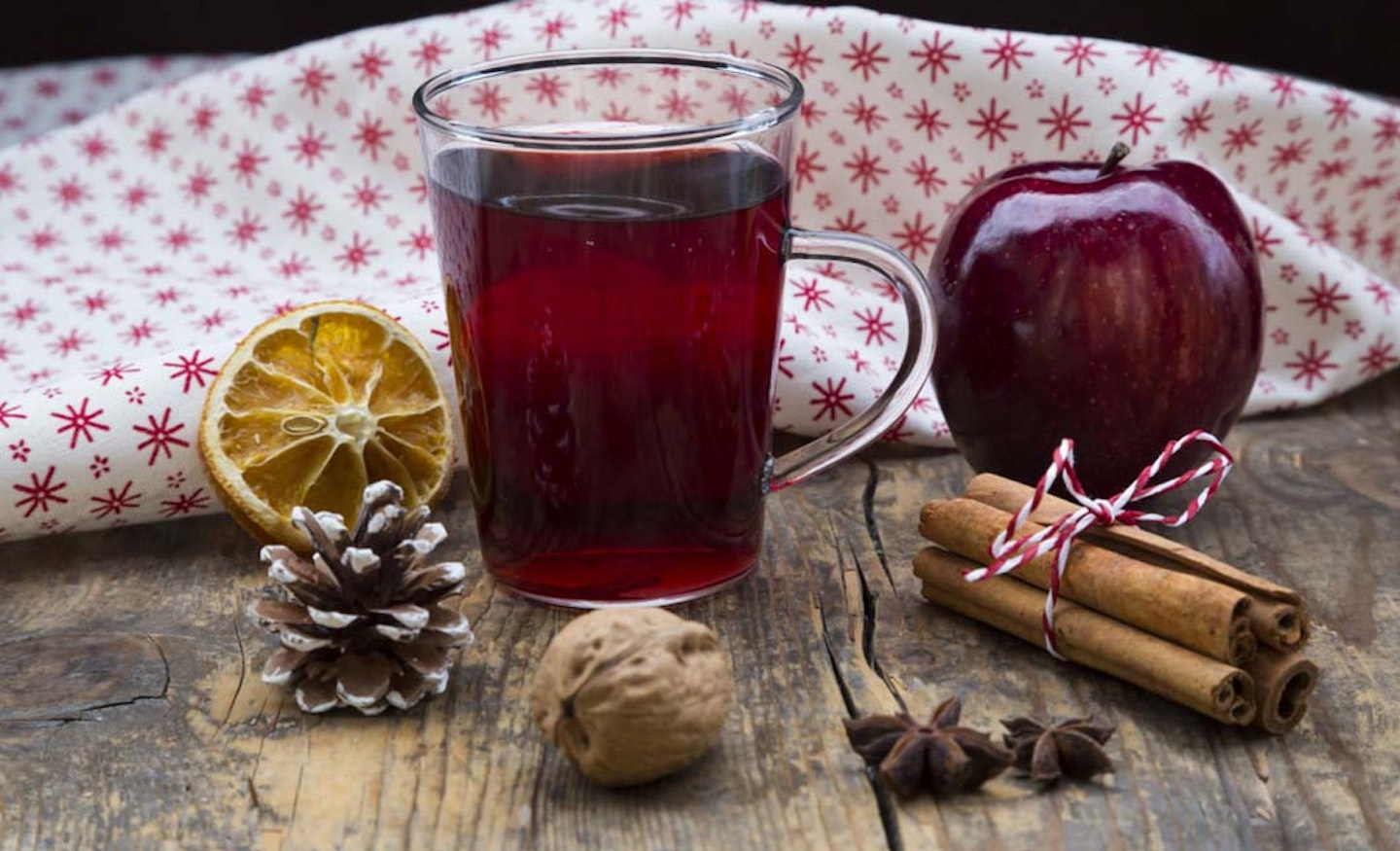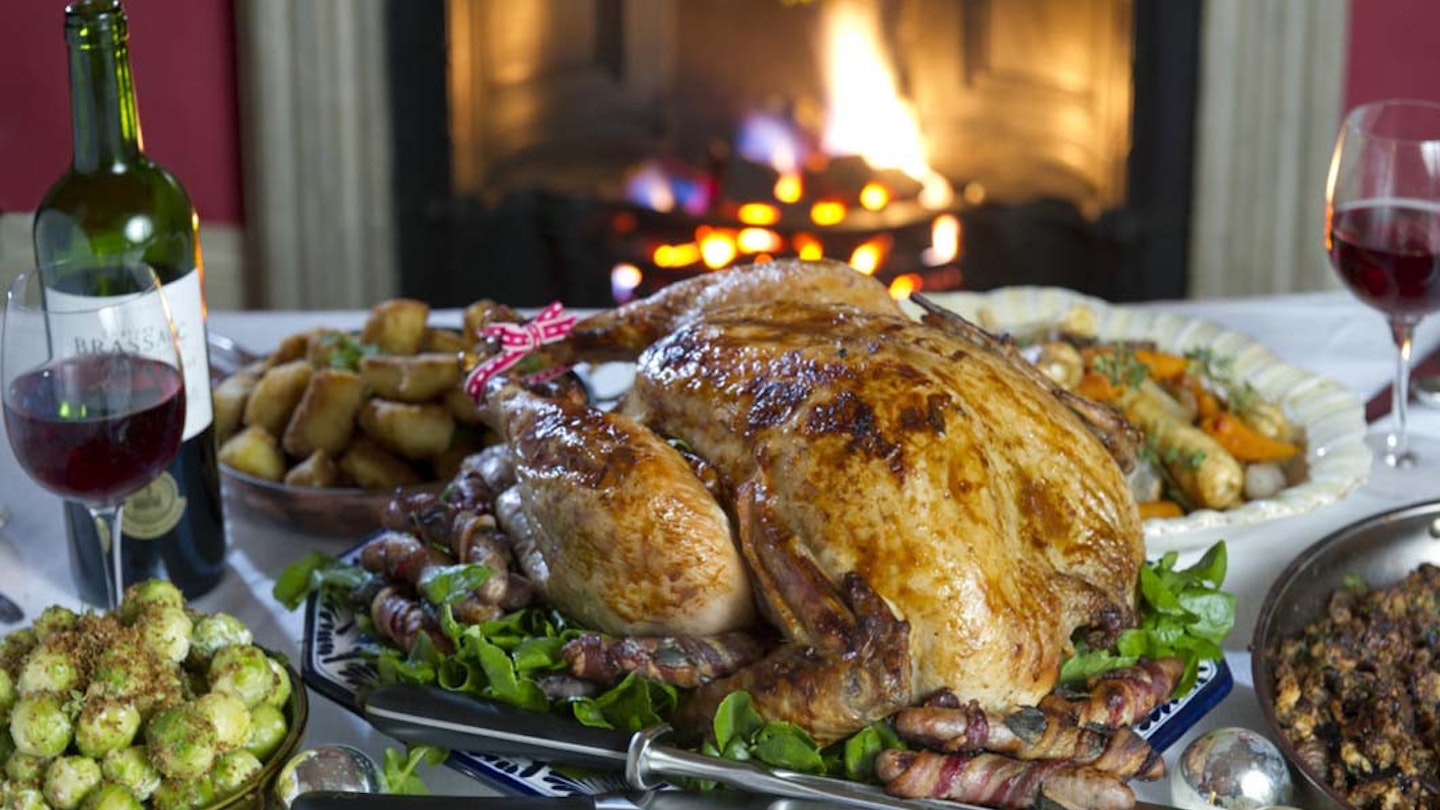Christmas is a time of delicious indulgence. From yummy turkey (with all the trimmings, obvs) to scrummy yule log, food is as big a part of the festive season as Santa, fighting over the remote and lopsided trees. We wholeheartedly encourage all of you to enjoy Christmas Day without thinking about 'clean' food, or the gym - especially if you've been lucky enough to have someone else cook you dinner.
If you're a keen gym bunny or wellness warrior you can still enjoy the holiday season in full - like Gabriela Peacock, superstar nutritionist told us, "Remember that Christmas only lasts a few days so doesn’t need to jeopardise your good intentions." In fact, the best way to have a delicious and full Christmas and still feel sprightly could be to merely ease up in the days between Christmas Day and New Year's Eve. (Read more about the healthiest and weirdly unhealthiest Christmas foods here.)
Gabriela said, "It’s certainly worth trying to have a few days off between Christmas and New Year. By ‘off’, I mean just try to cut back on gluten, caffeine, refined sugar and alcohol while increasing your consumption of fresh fruit and vegetables, probiotic rich foods and oily fish. After a few days of indulgence, it’s important to give your digestive system a break, and some support. You'll feel better for it. Staying hydrated and trying to include some exercise will certainly help too!"
We grilled Gabriela on her tips on the best ways to hit the pause button over Christmas...
**Let's talk healthy Christmas recipes - what are some yummy Boxing Day options for us to try? **
"Once the main event is over, there is no reason not to try and bring a sense of balance back on Boxing Day. There are lots of tempting ways to take the guilt out of the festive feasting such as:
-
Roasted root veggies (not just potatoes) but brightly coloured squash, sweet potatoes, celeriac and parsnip. Loaded with fibre, your digestive system will thank you for munching some of these.
-
Make a mixed veg soup on Boxing Day (great way to use up leftovers) as a more nutritious option than cheese sandwiches!
-
Use leftover turkey in a salad and consider adding some beans or pulses to make it protein rich - and yummy.

When it comes to healthy Christmas treats, are there some easy swaps we can make to keep an eye on mindless eating?
"Confectionary is high in sugar and fat so try to avoid picking at the tub of Quality Street when you're not really hungry. Instead, choose some good quality high content dark chocolate (at least 70% cocoa). It's high in antioxidants and it’s bitter taste makes it harder to go nuts on. Cheese is high in fat so try to watch your portion sizes (a small matchbox size is the recommended portion). If you’re making mince pies, try leaving the tops off, or making a lattice shape out of the pasty to cut back on the amount of pastry used and up the fruit content."
"Remember: out of sight, out of mind. It might be difficult, but the best thing is not to buy treats in the first place. Most of us eat more than we need to simply because food is in front of us! One way to avoid eating a family-size tin of Quality Street at breakfast is to keep the treats out of sight and only put them out when guests are expected."
How should we navigate holiday snacks?
"A vast drawback on the nuts offered around Christmas time is that they are often covered in salt and/or sugar. Opt for unsalted nuts as they’re packed with nutrients like potassium, magnesium, calcium, iron, zinc and Vitamin E. You can also swap the high fat snacks for crudités, and replace scotch eggs or sausage rolls with vegetable crudités and dips. Another healthier snack instead of crisps is popcorn."

What festive foods make our bodies work a lot harder?
"The high-fat, high-sugar foods often found in the office (such as chocolate and cakes), mince pies, (excessive) alcohol, especially some mulled wines and sugary cocktails add up so quickly. A roast dinner doesn’t have to be unhealthy - it's more about watching your portion sizes."
How can we give our liver a little bit of a breather?
"Try to stay hydrated by drinking lots of water throughout the festive period. If you can manage a few days alcohol-free between Christmas and New Year that would also be a good idea. Include the following to support your liver:
-
Green tea is a source of catechins that have been shown to induce the production of detoxification enzymes. The polyphenols in green tea have exceptional antioxidant potential, which may limit the damaging effects of toxins found in alcohol on cells.
-
Berries contain anthocyanins. They provide some of the coloring or pigment of plants, flowers and fruits with a typical red to blue colour. They are very potent antioxidants, free-radical scavengers and they help regulate liver function. Look out for blueberries, blackberries, raspberries, blackcurrants, bilberries, cherries and red grapes.
-
Cruciferous vegetables such as Brussel sprouts, cabbage, broccoli, cauliflower and horseradish contain glucosinolates. These sulphur-containing compounds are activators of liver detoxification enzymes.

If we really don't want to change our festive eating, what are some baby steps?
"Increase your consumption of alkaline foods. Alkaline foods include fresh fruit and vegetables, especially plenty of leafy greens. Try adding spinach to your smoothies; make wraps with lettuce or snack on kale chips. Ditch acidic foods such as wheat, white flour, pastries, ice cream, beer and sugar as much as possible, and stay hydrated with water, herbal teas or veggie juices."
"If you like them, have some fermented vegetables. They are potent detoxifiers and contain much higher levels of probiotics than probiotic supplements, making them ideal for optimizing your gut flora."
